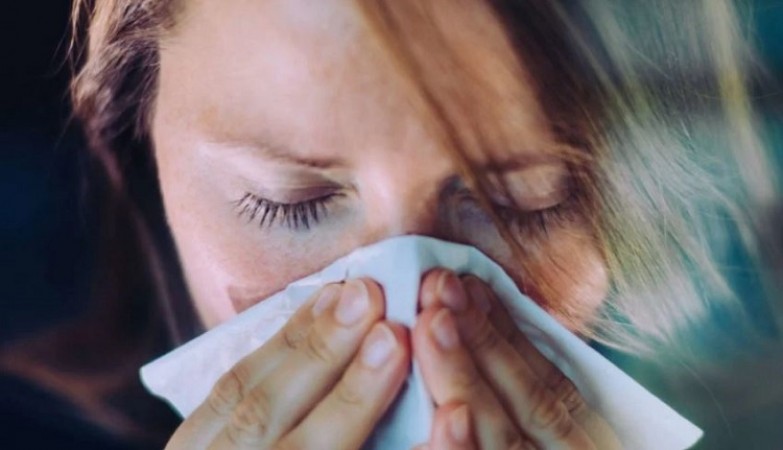
The rainy season brings a refreshing change in weather, but it also comes with an increased risk of catching colds and the flu. The damp and cool conditions create an ideal environment for viruses to thrive, making it important to take extra precautions to protect your health. Here are some comprehensive tips to help you stay healthy and prevent common colds and flu during this rainy season.
1. Strengthen Your Immune System
A strong immune system is your first line of defense against colds and flu. Here are ways to boost your immunity:
Eat a Balanced Diet: Incorporate plenty of fruits, vegetables, whole grains, and lean proteins into your meals. Foods rich in vitamins C and E, such as oranges, strawberries, spinach, and almonds, are particularly beneficial for immune health.
Stay Hydrated: Drink plenty of water throughout the day to keep your body hydrated and to help flush out toxins. Herbal teas and soups can also be soothing and hydrating during the rainy season.
Get Adequate Sleep: Aim for 7-9 hours of quality sleep each night. Proper rest allows your body to repair and strengthens your immune system.
Exercise Regularly: Engage in moderate physical activity to improve circulation and boost your body’s natural defense mechanisms.
2. Practice Good Hygiene
Good hygiene habits are essential to prevent the spread of viruses that cause colds and flu.
Wash Your Hands Frequently: Use soap and water to wash your hands for at least 20 seconds, especially after being in public places, touching surfaces, or before eating. If soap and water are not available, use an alcohol-based hand sanitizer.
Avoid Touching Your Face: Viruses can enter your body through the eyes, nose, and mouth. Be mindful of not touching your face with unwashed hands.
Use a Tissue or Elbow to Cough or Sneeze: Cover your mouth and nose with a tissue or your elbow to prevent spreading germs to others. Dispose of tissues immediately and wash your hands afterward.
3. Stay Warm and Dry
The rainy season often brings fluctuations in temperature, which can make you more susceptible to catching a cold.
Wear Appropriate Clothing: Dress in layers to adjust to changing temperatures. Make sure to keep yourself dry, especially your feet, to avoid getting chilled.
Keep Your Home Warm: Maintain a comfortable temperature in your home to avoid sudden exposure to cold air, which can weaken your immune system.
4. Maintain a Clean Environment
Keeping your living space clean and free of germs can help prevent the spread of illness.
Disinfect Frequently Touched Surfaces: Regularly clean and disinfect surfaces like doorknobs, light switches, and countertops, where viruses can linger.
Ensure Good Ventilation: Keep your home well-ventilated to reduce the concentration of airborne viruses. Open windows when possible to allow fresh air to circulate.
Avoid Close Contact with Sick Individuals: If someone around you is showing symptoms of a cold or flu, try to maintain a safe distance to avoid exposure.
Stay Home if You Feel Unwell: If you develop symptoms of a cold or flu, stay home to prevent spreading the illness to others and give your body time to recover.
5. Use Herbal Remedies and Supplements
Some natural remedies can help support your immune system and relieve symptoms if you do catch a cold or the flu.
Herbal Teas: Teas made from ginger, turmeric, or echinacea can soothe symptoms and boost immunity.
Supplements: Consider taking supplements like vitamin C, zinc, or elderberry, which are known to support immune health. Consult your healthcare provider before starting any new supplements.
6. Be Cautious of Exposure
Avoid Crowded Places: Viruses spread more easily in crowded and enclosed spaces. Try to avoid such places, especially during peak flu season.
Wear a Mask: In crowded or poorly ventilated areas, wearing a mask can reduce your risk of inhaling respiratory droplets that may carry viruses.
By taking proactive steps to strengthen your immune system, practicing good hygiene, and staying informed, you can significantly reduce your risk of catching a cold or the flu this rainy season. Remember that prevention is always better than cure, so adopting these habits can help you enjoy a healthier and more comfortable season.